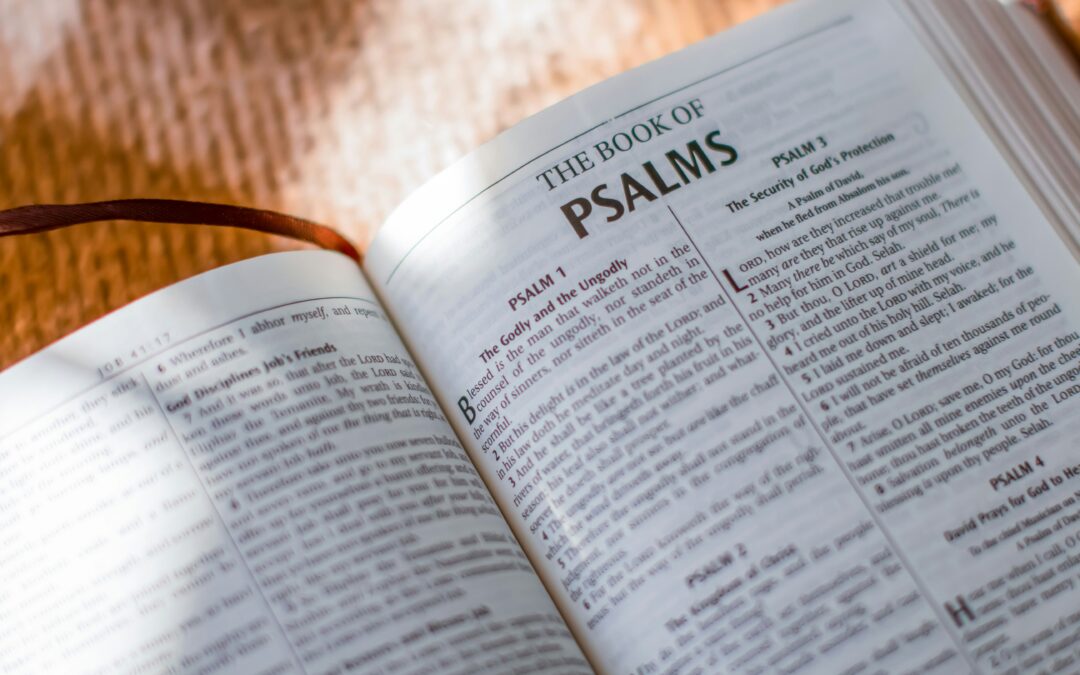About 30 years ago a young adult in the church I pastored commented to some friends that I could be the brother of… (It was obvious the sentence would conclude with a celebrity reference, so I thought, “well, I part my hair like him, and we’re about the same age, so perhaps Tom Cruise?” Nope.) …Mr. Bean. Analogy is in the eye of the beholder. Perusing an epistle, envisioning a narrative, or praying a psalm, we analogize ourselves to someone in the text: author, recipient, narrator, protagonist, singer, seer, Cruise, or Bean.
Consider the 3rd Psalm. When David leaves Jerusalem fleeing Absalom’s followers, he laments how many from Israel have turned against him, recounts the safety he finds in Yahweh, prays for his deliverance and the destruction of his enemy’s plans, and then for the deliverance and blessing of Israel. We automatically pray it as David. “I am facing challenges; Lord, you are my hope. Deliver me from these problems and show me your blessing, since I am of your people.”
But there is an analogy built into the psalm between beloved sons: David’s Absalom, Yahweh’s Israel, and us. David crosses Kidron and climbs Olivet a millennium before Jesus, each loving the son rejecting them. A German citizen once told me that every time someone announced his nationality he felt the pride of Bach and Beethoven, but the shame of Hitler. The people who first read David’s Psalm are the nation who drove him to pray it as he fled their rebellion. It is hard to imagine they would read it without shame. Perhaps we should read it as the rebellious son—as Absalom insurrecting, Israel rebelling, us lost—and hear our Messiah pray for us. “Lord, you are my hope. If it be your will, remove this bitter cup from me, and end their destructive plans; deliver me. But since salvation belongs to you, Yahweh, deliver and bless instead the very people who have betrayed me.”
Having grasped our culpability in the Psalm, one analogy remains. We restore our reading as the Messiah, praying not simply for our enemies’ plans to be destroyed, but for they themselves to be blessed. David’s lamentation for Absalom (ending 2 Samuel 18) is Yahweh’s for Israel, Jesus’ for Jerusalem, and should be ours for those who oppose us and do not find Yahweh’s deliverance.
To a week giving in one role as good as we’ve gotten in another: faithfulness, mercy, forgiveness, and prayer.

